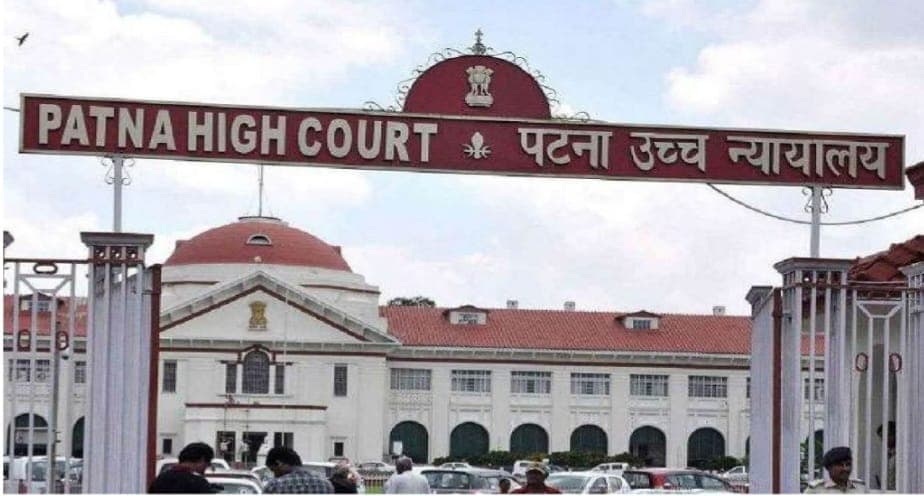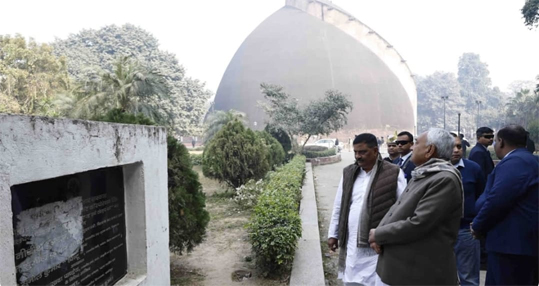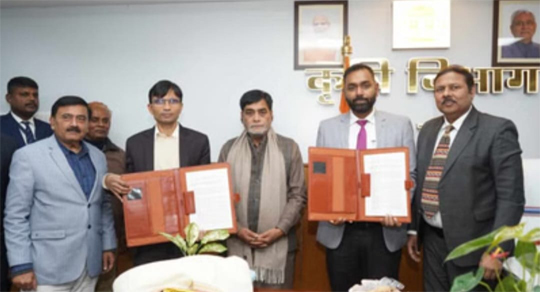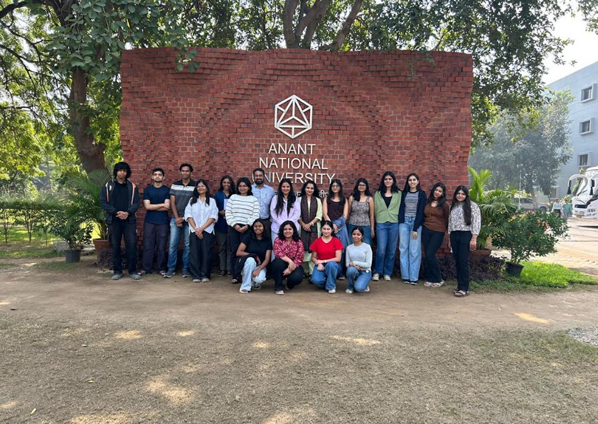Patna High Court Stalls Bihar Teachers’ Transfer Policy, Seeks Clarification

By Neeraj Kumar
Patna: In a significant setback for teachers awaiting transfers in Bihar, the Patna High Court has temporarily halted the state’s teacher transfer and posting policy. The court, led by Justice Prabhat Kumar Singh, has directed the state government to clarify its transfer policy within three weeks, stating that a final decision will be made after the government files an affidavit.
The transfer-posting policy, introduced recently by the Education Department, allowed teachers to apply for postings of their choice. However, the policy has faced criticism, with allegations of discrepancies between its stated rules and actual implementation during the application process. Teachers’ organisations have accused the government of misleading them by arbitrarily imposing transfer options.
Court Hearing Details
The case, filed by teachers from Aurangabad, challenges the legitimacy of the transfer policy. During the hearing, Advocate Mrityunjay Kumar represented the teachers, while Senior Advocate Lalit Kishore argued on behalf of the state government. Lalit Kishore informed the court that male teachers were offered options to select 10 subdivisions and female teachers 10 panchayats for their postings. However, he noted that teachers failing to submit their preferences by November 22, 2024 would be transferred at the government’s discretion.
Despite these provisions, petitioners claimed the policy was implemented unfairly, leaving many teachers dissatisfied with their options.
Minister’s Response
Bihar Education Minister Sunil Kumar, commenting on the court’s decision, stated on Tuesday that the matter had been discussed with Chief Minister Nitish Kumar and senior Education Department officials. He added that if necessary, the government would amend the policy and bring forth a revised version. Until then, the transfer and posting process remains suspended, and teachers will continue in their current positions.
The High Court’s decision has dealt a blow to thousands of teachers awaiting transfers and raised concerns about the state’s handling of the policy. The government now faces a critical task of addressing these issues within the stipulated timeline to avoid further disruption.





